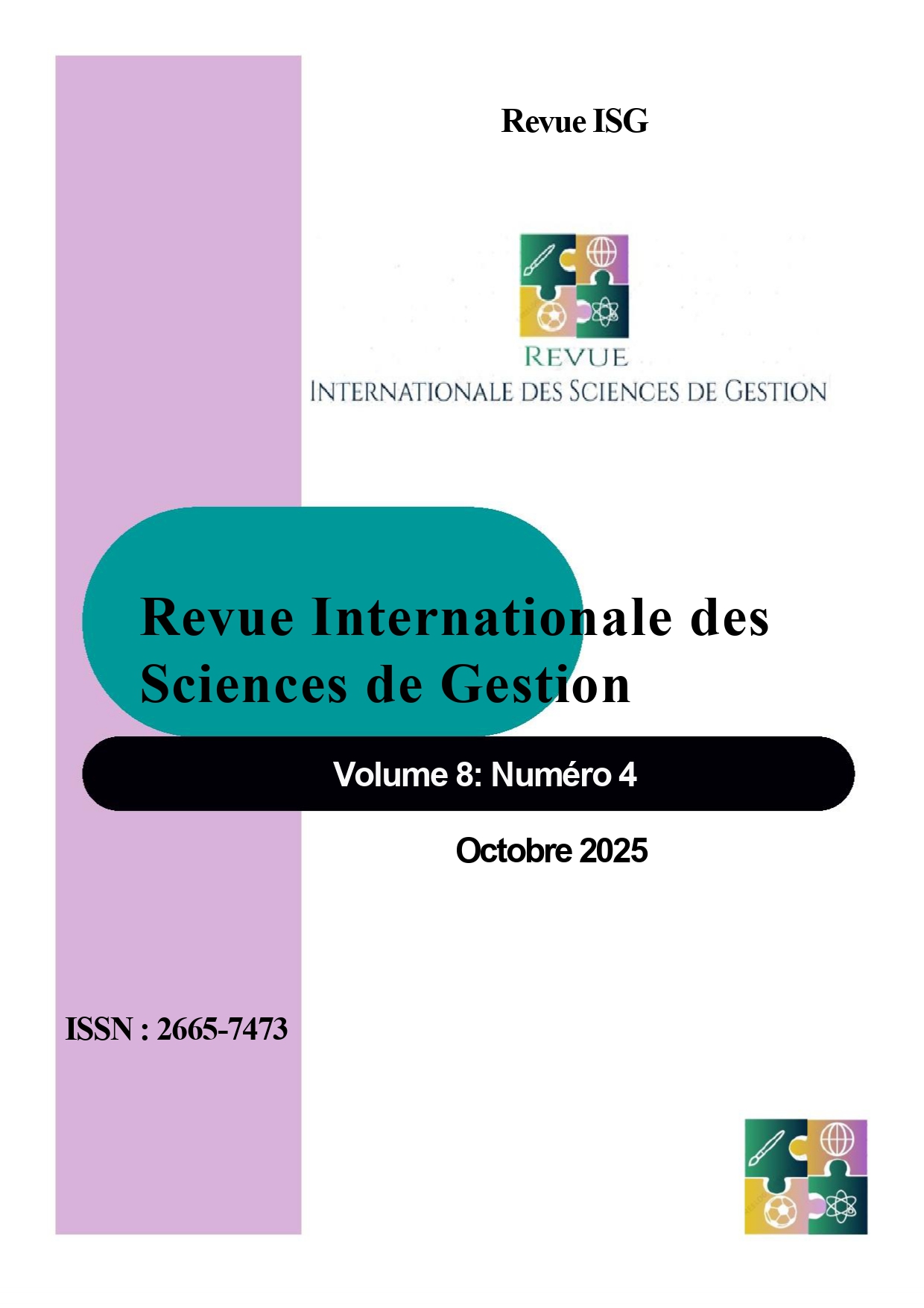Digital Competence, Autonomy, and Collaboration: Determinants of Employees’ Affective Commitment
Keywords:
Affective Commitment, Digital Competence, Digital Autonomy, Digital Collaboration, Structural Equation Modeling, Digital TransformationAbstract
In the era of digital transformation, organizations face profound changes that reshape employees’ engagement and commitment. This study investigates the impact of three key digital levers— digital competence, digital autonomy, and digital collaboration—on employees’ affective commitment. Grounded in Self-Determination Theory and complemented by the Job Demands– Resources and Social Exchange perspectives, this research analyzes data collected from 175 employees working in Moroccan organizations undergoing digital transformation.
Using structural equation modeling (CB-SEM, AMOS), the findings reveal that technological competence exerts the strongest influence on affective commitment (β = 0.42, p < 0.01), followed by digital autonomy (β = 0.35, p < 0.01) and digital collaboration (β = 0.28, p < 0.05). The model explains a significant portion of variance in affective commitment (R2 = 0.61).
These results highlight the need for organizations to invest in digital skill development, promote autonomy in technological use, and foster collaborative practices to enhance employees’ emotional engagement. Managerial implications, methodological limitations, and future research avenues are discussed.
Downloads
Downloads
Published
How to Cite
Issue
Section
License
Copyright (c) 2025 SALAH-EDDINE EL-AZZOUZI

This work is licensed under a Creative Commons Attribution-NonCommercial 4.0 International License.


















